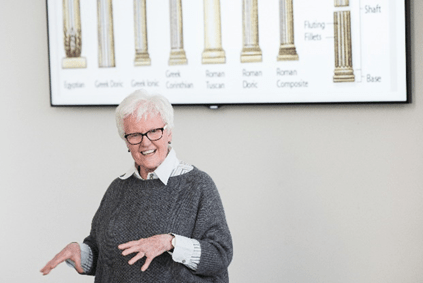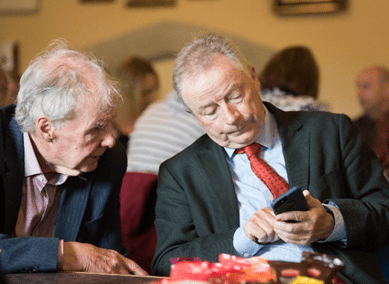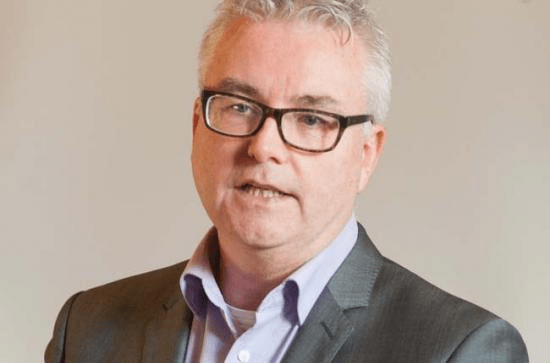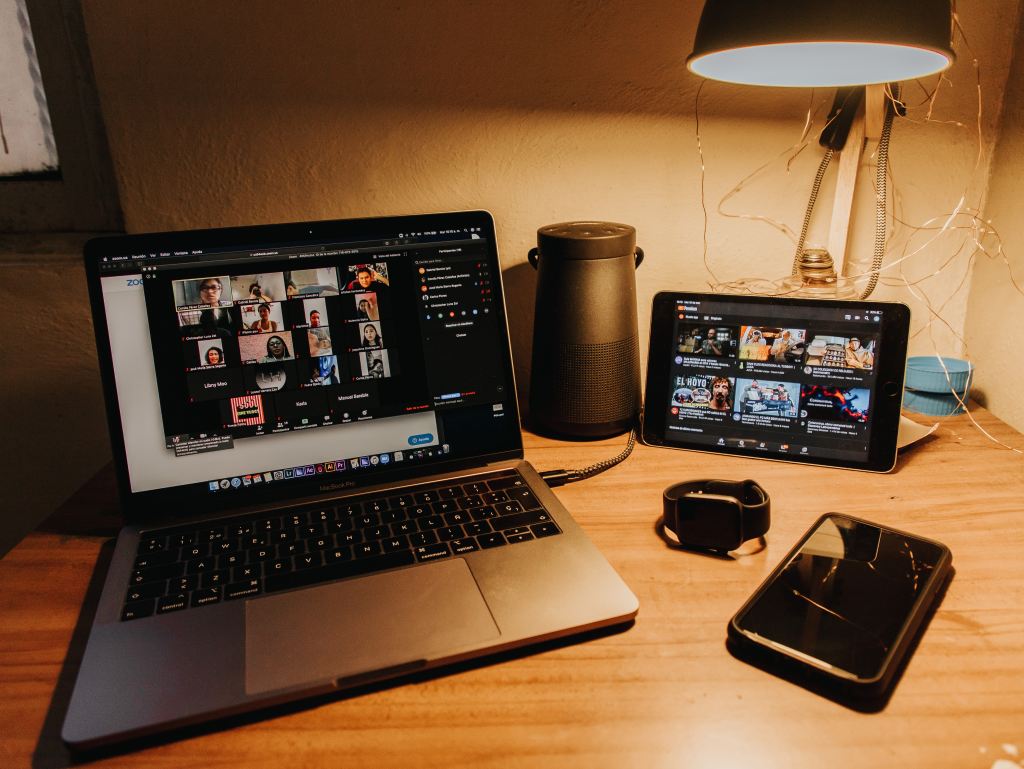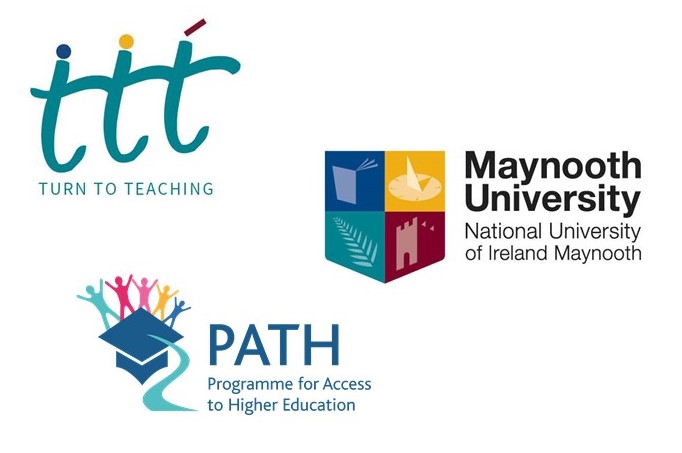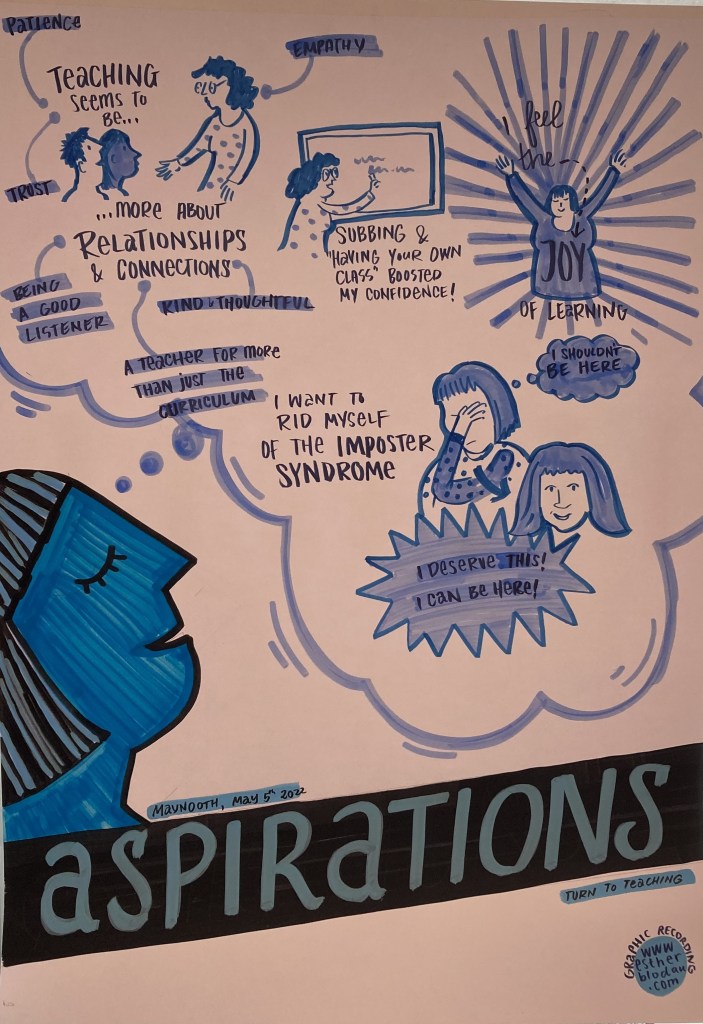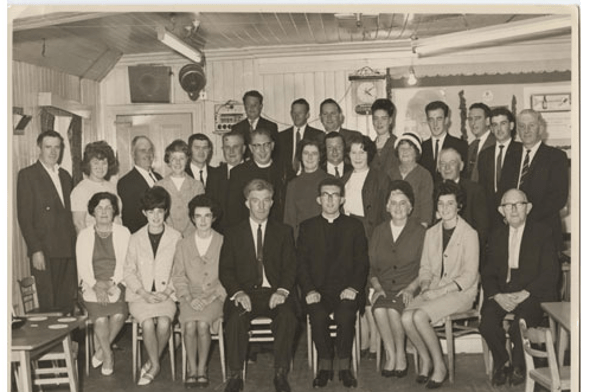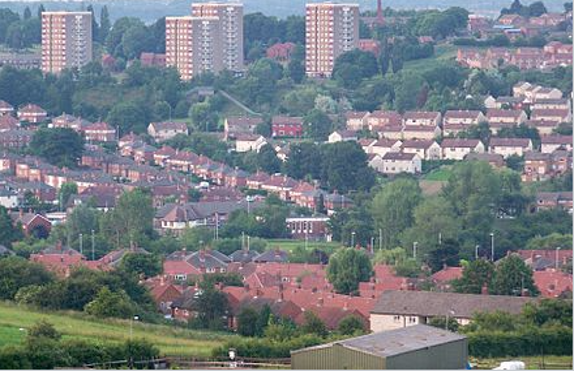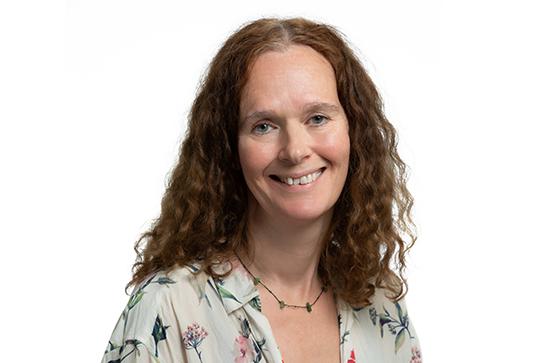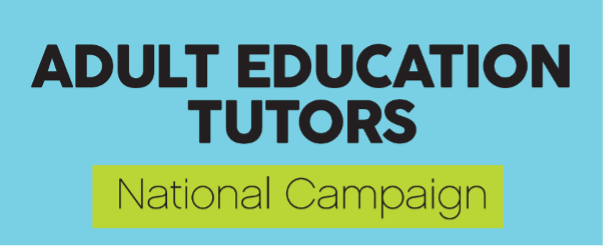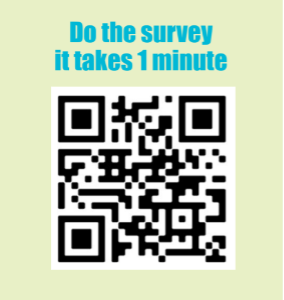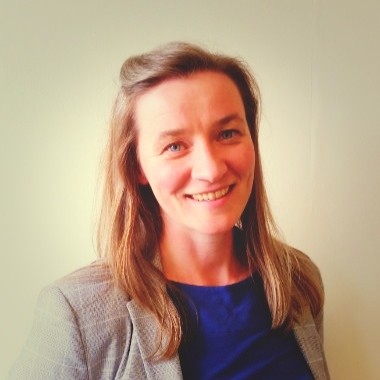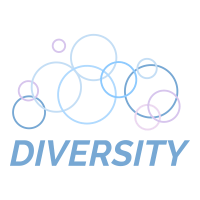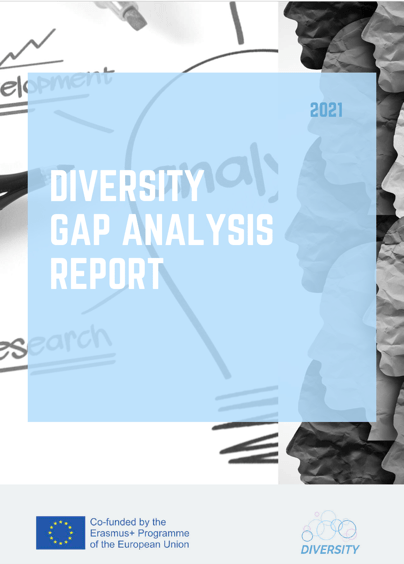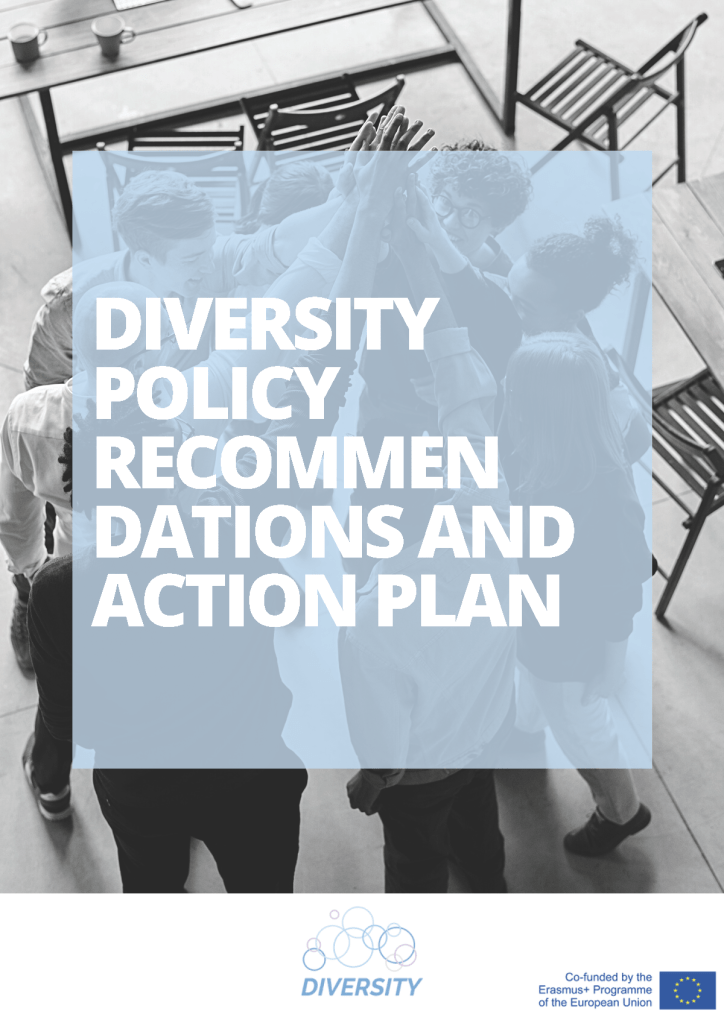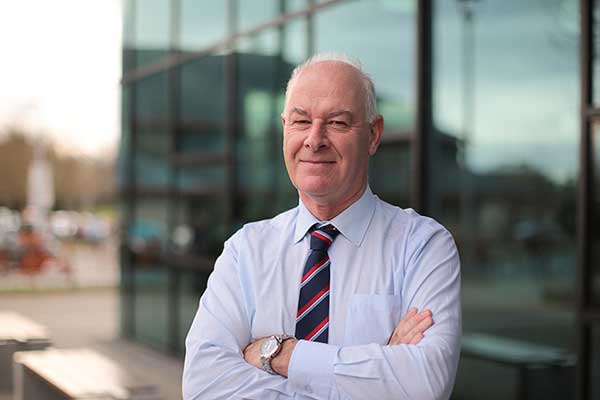DEW is an operational solution to the challenges faced by existing and potential female entrepreneurs in a post-pandemic world. DEW aligns itself with key Erasmus+ priorities including:
- Inclusion and diversity in education and training
- Digital transformation
- Adapting Further Education and Training (FET) to labour market and female entrepreneurship needs
- Increase flexibility of opportunities in FET
DEW brings a gender perspective to the issue of digital entrepreneurship and the barriers facing female entrepreneurs. It creates a European-wide Community of Practice on the issue and combines the learning and results into a format that can enhance and strengthen new policy initiatives in the area of female entrepreneurship.
The Department of Adult and Community Education, Maynooth university, are partners in the DEW project, along with Tara Farrell, CEO Longford Women’s Link, Brendan Mulry, Irish Rural Link. The consortium partners hosted a webinar on 20th June 18 with entrepreneurs and emerging entrepreneurs from across the country in attendance.
The aim of the Webinar was to introduce the participants to the DEW project website and Training Materials. The website represents a repository of the project’s outputs, results, news and contacts, and is the OER platform for entrepreneurs to access DEW resources and training materials. Tara Farrell, CEO Longford Women’s link and Chair of Irish Rural link, welcomed participants and provided an overview of the DEW project, she outlined several of the training modules.
- Digital skills for entrepreneurship
- Managing a digital team
- Financial literacy
- Business Literacy
- Leadership and Communication

Tara then provided focused input on the Leadership and Communications Module. Brendan Mulry from Irish Rural Link presented the navigation of the website and signposted the various training materials and resources, highlighting the case studies and good practice guidelines.
Margaret Nugent from the Department of Adult and Community education, gathered participants feedback about the usability of the various functions and explored the relevance of training materials for a wide variety of purposes. Participants provided very comprehensive and in-depth feedback on a range of topics.
Summary of Feedback:
‘The notion of an elevator pitch could be explained in greater detail, an audio visual example would be helpful, and expand that to the other sections, tie it into practical examples’
‘Great job on the templates’
‘‘The mission statement could be linked to strategy’
The cross referencing is excellent’
‘It is great, there is huge potential in it’
‘Prompts and reminders, keep a person on track, keep a person on goal’
‘‘Terminology and phraseology is important, consideration of literacy is very important’
What QQI could it be pitched at, would you say level 4?’
‘The courses are great for rolling it out with a small group’
‘Compliance and cyber security is a consideration, it needs to be user friendly and there is a legal responsibility. Consideration should be given to privacy policies, cookie pop ups, transparency, who is at the background, is there access to shared data, if so by whom’
‘It is a nice experience online, very good’
‘Easy accessible assessment’
‘Is there a way of linking it to Linked in profile?’
‘Some guidelines on how to deliver the training in diverse settings would be helpful’
Some comments in the chat function regarding the training content feedback:
‘Does the training include anything on creating a products page with a shopping cart? And how people can buy products from you? I know this is an advanced topic, so maybe another topic on how to choose a company who can create a website for you.’
‘I think that a contact page is a ‘must’. I don’t trust a site unless they have a contact page, which includes a real address.’
‘The menu item ‘Assessment’ is unclear as to what it contains. Assessment to me is an exam.‘
‘The PowerPoint Presentation is so good , easy and accessible for my groups and looking forward to using and sharing it.’
‘I think a lot more visual content would be beneficial, video instruction as well as examples of well-designed websites, social media posts etc.’
‘I love the certificate at the end of the module. Nice touch’.
‘The presentation on YouTube was a little fast, on some slides there wasn’t enough time to read all the content. ‘
‘I would also include hands-on practical activities and tasks’
‘I agree with the comments around practical. One of the best courses I did involved creating a resource pack with each module that was for future use in business. I was using the HR stuff for years’
‘Looks like a useful relevant online module, maybe an overall statement of how long the module will take to complete, and maybe include some textbooks in the references, and some online podcasts (Ted Talks?)’
‘The plain English & UDL resources from AHEAD are worth a look and could be referenced in each module and for teaching purposes’
‘It’s a really interesting concept that I would like to explore further before I could give any constructive feedback. It could be suitable for our AES provision so I’d like to bring the concept back to the team’
‘A very interesting resource and a much-needed area to focus on in increasing the number of women entrepreneurs. Well done.’
‘Brilliant session. Great also to know this will be online for the next 2 years’
‘Good session , very interesting and informative – great feedback’
‘Thank you for the opportunity, excellent experience and very informative.’
‘An excellent T&L resource and not bogged down in assessment which is great!’
‘I will share this resource with colleagues and explore with them’
‘Interesting and informative. Thank you’ ‘It’s a fantastic resource and a great starting point for potential entrepreneurs. Thank you. I will certainly be revisiting the site.’
In summary the webinar was very well attended by a diverse mix of people, including educators, programme designers and validators, entrepreneurs, potential entrepreneurs business managers and trainers and community education practitioners. The overall response to the website design and the testing and validation process was positive. Participants took time to fully engage with the course material and the links and resources. They provided nuanced analysis of the various features of the website and the content of the courses. They offered detailed recommendations on how the content could be enhanced for greater accessibility and usage
DEW project lead, Tara Farrell thanked everyone for their engagement, and encouraged everyone to keep in touch with the project, and to join the European DEW community on the website.
‘The DEW project has been a very welcome addition to the range of online programmes available to female entrepreneurs, particularly in a post-Covid landscape. We are delighted to see the range of interest in this initiative and look forward to disseminating the results on a wide scale throughout the sector.’
Tara Farrell
CEO
Longford Women’s Link
Further details:
Contact: Margaret Nugent- margaret.nugent@mu.ie
Website: https://www.dewproject.eu/
Facebook page: https://www.facebook.com/DEW-Project-106768855234561
DEW Consortium Partners:


Dr. Margaret Nugent is an academic and researcher with the Department of Adult and Community Education. Her professional experience and research interests extends to international peace building, conflict intervention, reconciliation in post conflict contexts and inclusive education. She specialises in qualitative, engaged and participatory research methodologies, and is an experienced practitioner and innovator in developing peacebuilding pedagogies. Margaret has delivered a very extensive portfolio of consultancy work with the adult, rural and community development sector, within further and higher education.

